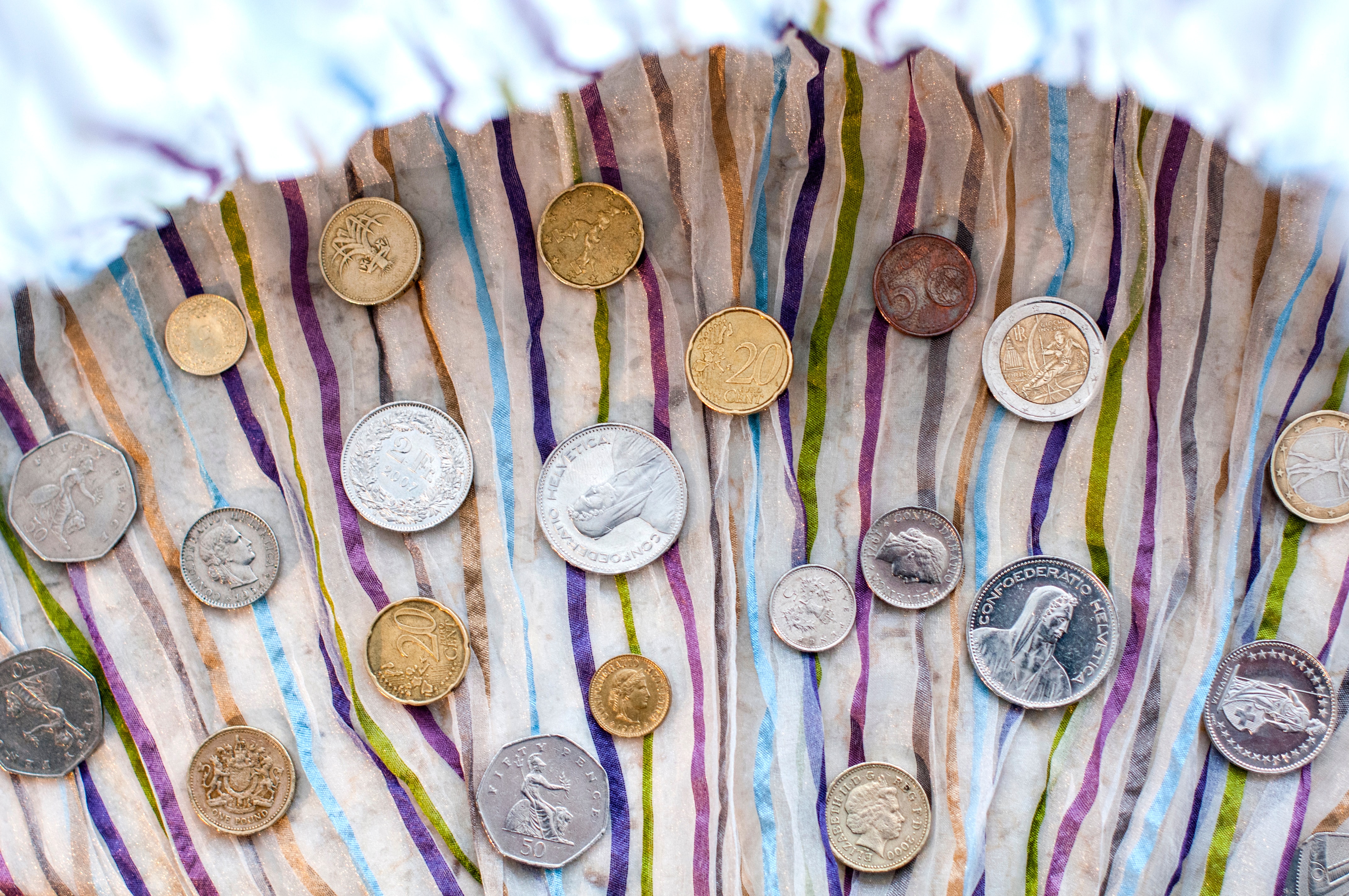These are unprecedented times no doubt. A few weeks ago, we couldn’t have fathomed that hundreds of millions of people would see their life pause and their access to money dry up.
My hope is that we gain control of the spread of COVID-19 quickly and that life will return to normal, or rather a new normal in a few weeks. But this is a wish. I don’t know what’s in store but as the saying goes, “hope for the best and prepare for the worst”.
So if you’re feeling the cash crunch, as I gather many are – what do you do?
I lay out my thoughts below.
Assess Your Cash Flow Situation
If you’ve been proactive and planned for the rainy days, you may have an emergency fund. And let’s face it, we’re dealing with an emergency. In the past, I’ve recommended that a minimum of three months of your household income is ideal.
I recognize many won’t have this. So, the first thing you need to do is understand your cash flow situation. Get a handle of what money is and will be coming in, and where it’s going.
Money coming in:
- Your salary: Are you getting income from your employer? For how long? Talk to your employer about your compensation arrangement.
- Do you have a side gig where you can collect some money? Or even ramp up to make money?
- Are you eligible for government support? For example, the Canadian government has announced several financial support packages for those who find themselves unemployed, sick from COVID-19 or supporting those who are ill. Find out of you qualify for support and try to get an estimate of how much you’ll get.
Money going out:
- Cut out your discretionary expenses, which on average accounts for 30% of people’s budget. For many, this won’t be too hard if you’re not going out. But there could be room to slash more. Putting your gym memberships and subscriptions on hold, for example.
- Consider delaying paying fixed expenses. Find out if you can postpone paying your mortgage or rent for a month or two. Once again, in Canada, the big banks have agreed to provide relief on a case-by-case basis. Negotiate with your utility provider to pay your bill at a later date.
- Find cheaper options. This may not be the right time to be splurging on a Starbucks coffee or buying groceries at a high-end grocery store. Buy your staples at a discount store, and buy what you need. Take advantage of coupons and price-matching. Make your coffee and meals at home.
Look at “Bridging” Options
Once you’ve done the above exercise, you will be in a much better position to assess whether you’re still going to be short cash.
If you are, here are some options to consider to bridge you until your financial situation improves.
- Your Investments: If you have liquid assets readily available in your investment portfolio, an option is to tap into it. In other words, check whether you have cash or bonds you can sell (at a minimal loss if at all) that you can use. The last thing you want to do is have to sell your equities at a loss if you can avoid it. Be mindful of any penalties for withdrawing money. TFSAs allow you to take money out freely. However, if you withdraw money from your RRSPs, you face a withholding tax and the income is taxable.
- Line of Credit: You may have a prearranged line of credit set up with your bank that you can access. Before doing so, check the interest you’ll be paying and the terms. It’s important to understand that banks have the right to pull a line of credit when they want, so you could find yourself scrambling to pay the funds back.
- Credit Cards: I’m not a fan of using credit cards to fund anyone’s lifestyle because of the exorbitant interest rates charges. Please reconsider this and think about the other options first. However, if you need to purchase essentials using plastic, by all means, do it, and create a plan to clear your debt as soon as you can.
Your Investment Portfolio
If you’ve looked at your portfolio balance, or been watching the financial news, you’ll know the stock market is bearing the brunt of the recession fear.
Try not to panic. It’s easier said than done, but you can’t erase past decisions, and there is much out of your control. Your best defense is to understand your portfolio composition and use this opportunity to learn so you can plan better now and in the future.
So, rather than looking at the value of their portfolio – which will seem terrible if you’re in stocks – ask yourself if the portfolio is set up so it’s aligned to your need for income.
In other words, if you’ve been drawing money from it, then there’s probably a portion that is in liquid safer assets – like cash or bonds. If you have stocks, but you don’t need to touch that part, leave it. If you’re mostly in stocks and you’re many years from retirement or even needing the money, you can take more comfort knowing that while the stocks are getting hammered now, they are a long-term play and will recover. It may take a year, maybe even two or three, but stocks are meant for a 5-10 year time horizon anyway.
Do me a favour.
There are many people who are very worried about their finances. If this article helped you, please consider sharing it with your network so we can help bring calm and support to others.
